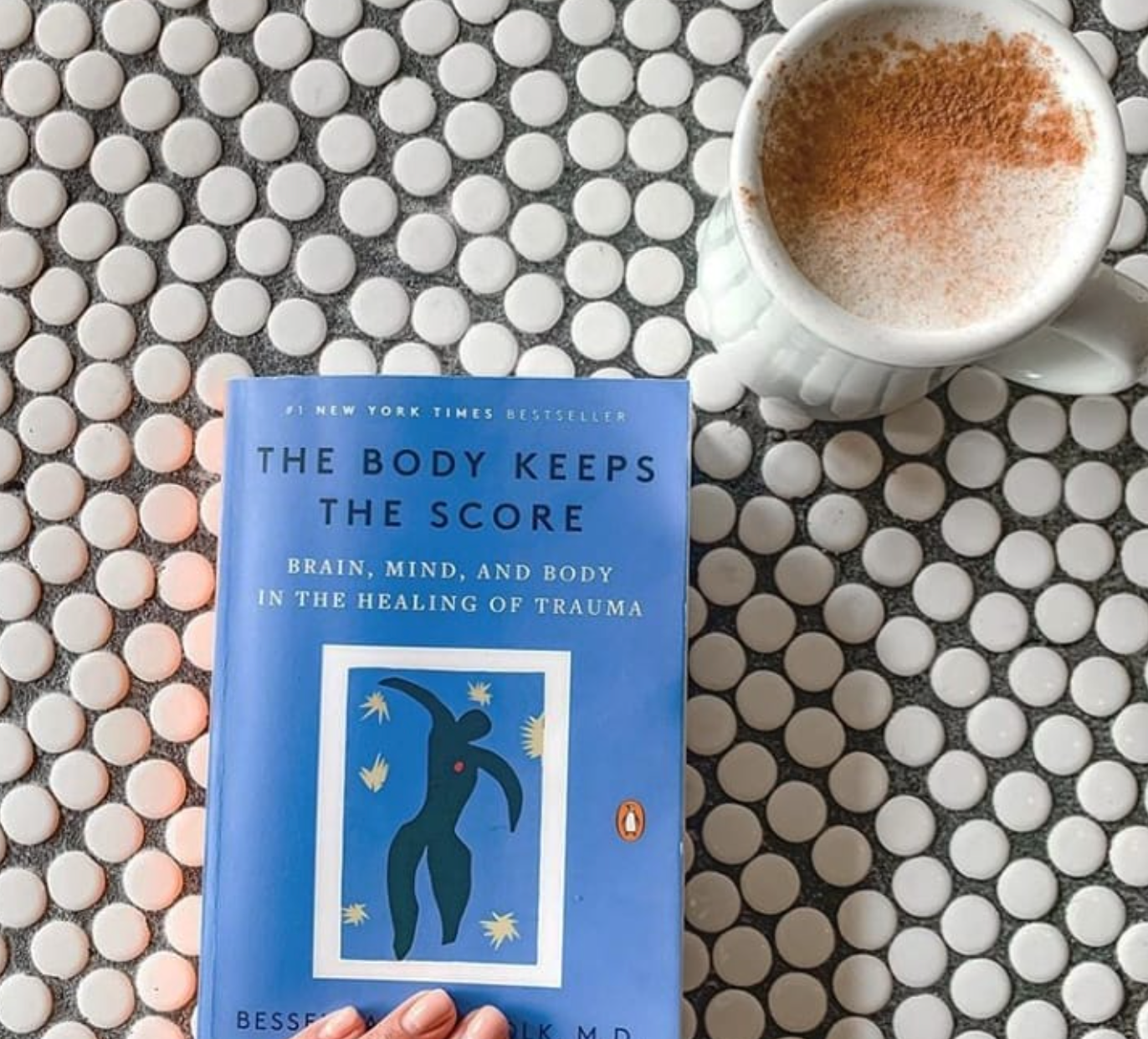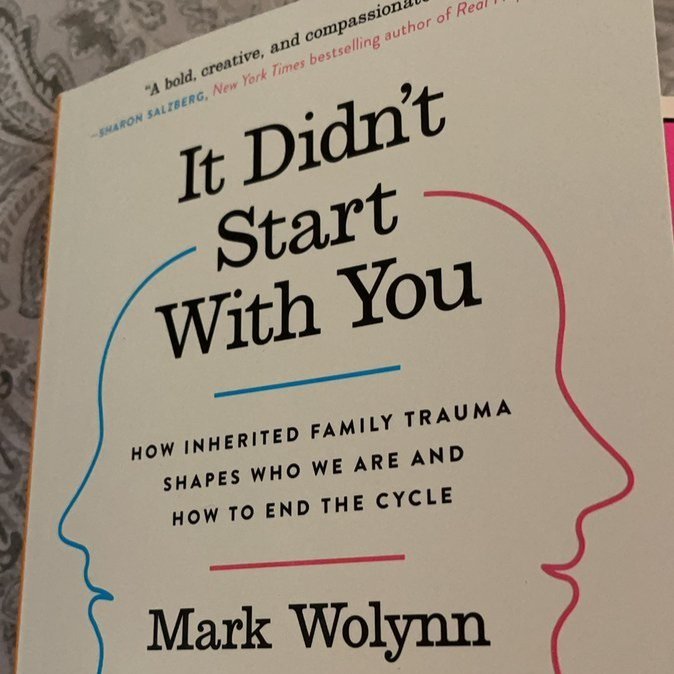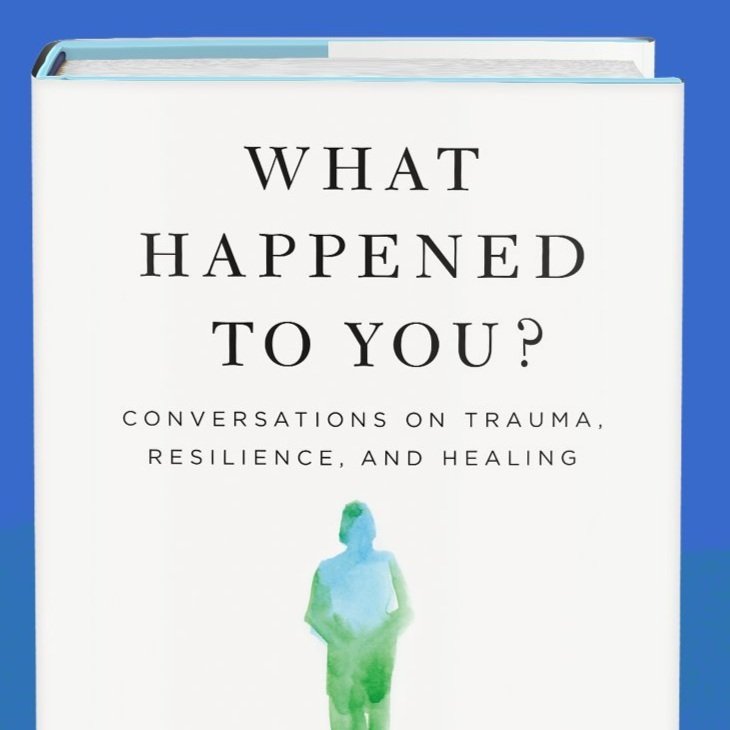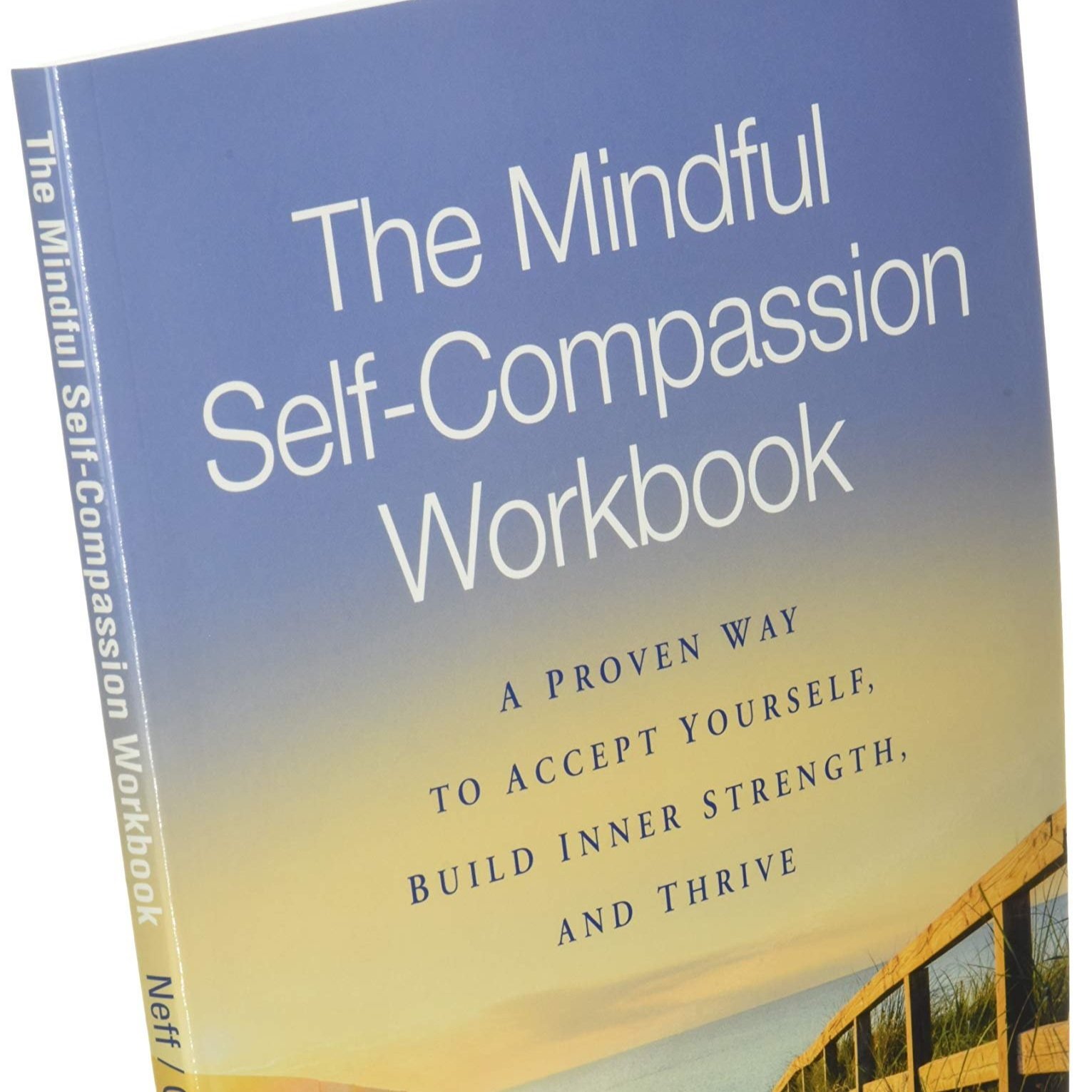The 5 Best Books Trauma Therapists Recommend
/A great way to heal from traumatic experiences outside of the therapy room is to educate yourself and learn from leading researchers and clinicians who are dedicated to providing the best information about the psychological effects of trauma and the methods that have helped others heal. You are not alone! Check out these great reads to get started on your journey towards beating PTSD and complex trauma.
1) The Body Keeps The Score
by Bessel Van Der Kolk
Therapists Lesley Rickman, LMSW, Tristan Mckenzie, M.S., Sarah Rather, NCC, and Meredith Sachs LPC-MHSP suggest this book as a must-read for understanding trauma and the impact it has on every aspect of our lives. Backed by his knowledge from decades of researching the effect of PTSD on the brain and body, Van Der Kolk gives a thorough explanation of the way our nervous system and hormones change after traumatic events and how to best move forward. If you want to understand the science behind the symptoms you may be experiencing and the leading methods of healing, this is the read for you.
2) It Didn’t Start With You
by Mark Wolynn
Depression, anxiety, self-doubt, trouble setting boundaries- these can all be symptoms of generational trauma that has been passed on through the family system. Traumatic experiences result in ways of being which become ingrained in various familial roles and can lay the foundation for familial dysfunction that can spread decades when left unaddressed. Laura Boggan, LPC-MHSP and Lesley Rickman, LMSW both recommend this book to clients dealing with family trauma. Want to read more about generational trauma? Click here.
3) What Happened to You?
by Oprah Winfrey and Dr. Bruce D. Perry
Two of our experienced clinicians as well as Clinical Mental Health intern Vaneisha Varnado suggest this book by Oprah Winfrey and Dr. Bruce D. Perry in order to heal and shift perspectives about trauma. By sharing her own experiences along with the research of an experienced clinician, Winfrey aims to end shame behind traumatic experiences by challenging us to asking the question “What happened to you?” instead of “What’s wrong with you?” Analyzing the ways we subconsciously and maybe even consciously talk to ourselves and others about traumatic experiences and the feelings behind them often cause deep-rooted shame that hinders the ability to heal. We all have experienced some form of trauma, and an important step in healing is fostering compassion and understanding towards ourselves and others.
4) Getting Past Your Past
by Francine Shapiro, PhD
If you haven’t heard of EMDR, or want to learn more about the science behind this revolutionary form of psychotherapy, Karen Wade, LMSW recommends picking up this book by the psychologist who developed this form of therapy in the 90’s. Eye movement desensitization and reprocessing (EMDR) has helped thousands of people (myself included) recall traumatic and distressing events and images in a way that allows the brain to process and ultimately reduce the stress and negative emotions attached to those events. If you want to learn more about EMDR or meet with an EMDR provider near you, click here!
5) The Mindful Self Compassion Workbook
by Christopher Germer and Dr. Kristin Neff
A great way to continue the therapy process on your own is to find a therapist recommended workbook like The Mindful Self Compassion Workbook, which provides mindful activities and prompts that encourage the exploration of self-compassion, self-love and acceptance. Self-compassion is a motivating factor that allows us to reach towards goals, care for others while still setting healthy boundaries, and deal with difficult experiences as they come our way. If you find it hard to journal on your own but still desire an avenue to explore your thoughts and feelings in a healthy way, this is a great way to get started.









